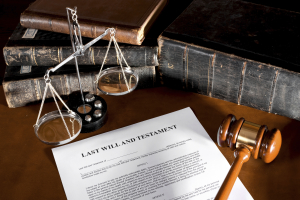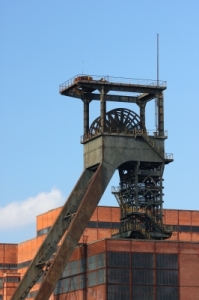Wills and Estate Planning Adelaide: Baby Boomers – Are You Bequeathing Disaster to Your Family
Baby Boomers were born between 1945 and 1965. As a segment of Australian society we represent a BIG chunk of our national population, and account for a massive percentage of the nation’s private net-worth.
According to the Australian Bureau of Statistics people aged 65 years and over made up 13% of Australia’s population at 30 June 2007. This proportion is projected to increase to 25% in 2056 and to 28% in 2101.
As we prepare to transition into retirement & beyond, we are about to witness the greatest transfer of wealth ever in Australia’s history.
However 2010 Australian research commissioned by the Salvation Army from Roy Morgan Research reveals that nearly two thirds of the adult Australian population does not have a Will. The research also shows 40% of Australians aged 25+ have experienced or know someone who has experienced family conflict as a result of a family member not leaving a Will.
Dying without any Will is called intestacy. When that happens, the government of the State where you die will determine what will happen to your assets. This can lead to unintended people (or even the government) gaining ownership of your hard-earned assets.
Many Australians have no idea what happens to their assets after they die, and sadly many rely on the misguided notion that a Do it Yourself Will is sufficient to protect their family and assets.








